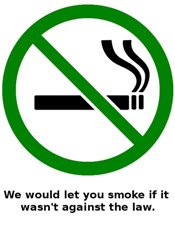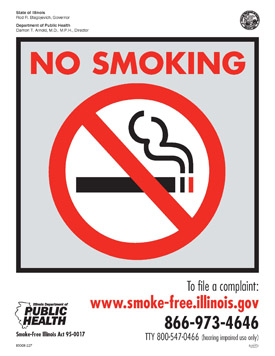Before the Peoria County Board:
“We’re really at a moment of truth,” said Lakeview Museum board chairman Jim Vergon. “This is a defining moment for the Peoria Riverfront Museum, or Museum Square. Without being too melodramatic about it, this is also a defining moment for central Illinois in so many ways.”
–Journal Star, Nov. 9, 2007
Before the Illinois Senate Appropriations Committee:
Jim Vergon, chairman of the Lakeview Museum Board, told the Senate committee that the sought-after $12 million in state funding would trigger a $136 million redevelopment project on the Peoria riverfront…. “The moment of truth is really upon us for this project,” Vergon said.
–Journal Star, May 15, 2008
I’ll bet there’s another “moment of truth” just around the corner when they ask the Peoria City Council for yet another extension on their redevelopment agreement for the Sears block.

 It should be defeated because (a) the state law is poorly written and could lead to downtown businesses getting tickets for non-patrons who happen to be smoking within fifteen feet of their entrance, and (b) the city’s police department is too busy working on more important issues to be called away to give citations for smoking violations; since the state issued this unfunded mandate, the state should enforce it. If the city passes this ordinance, they will have to pay for adjudicating the tickets, whereas if they don’t pass the ordinance, the tickets would be adjudicated by the state’s attorney.
It should be defeated because (a) the state law is poorly written and could lead to downtown businesses getting tickets for non-patrons who happen to be smoking within fifteen feet of their entrance, and (b) the city’s police department is too busy working on more important issues to be called away to give citations for smoking violations; since the state issued this unfunded mandate, the state should enforce it. If the city passes this ordinance, they will have to pay for adjudicating the tickets, whereas if they don’t pass the ordinance, the tickets would be adjudicated by the state’s attorney.